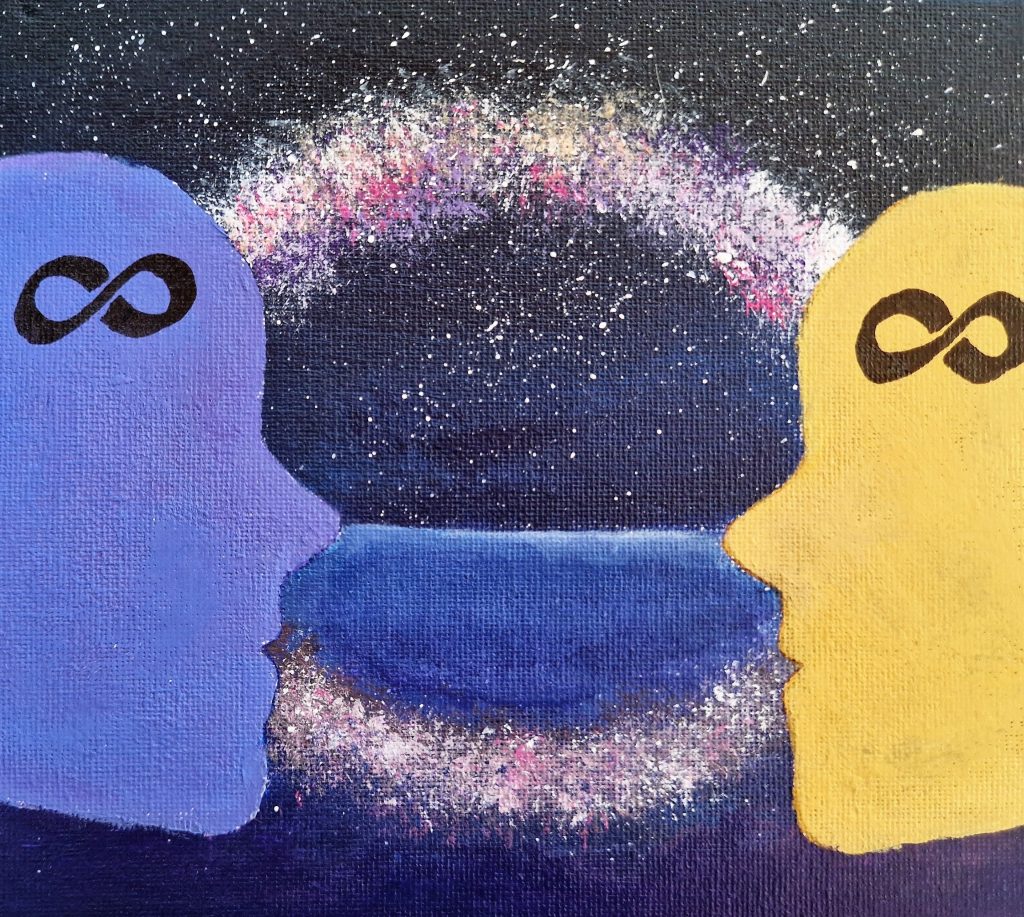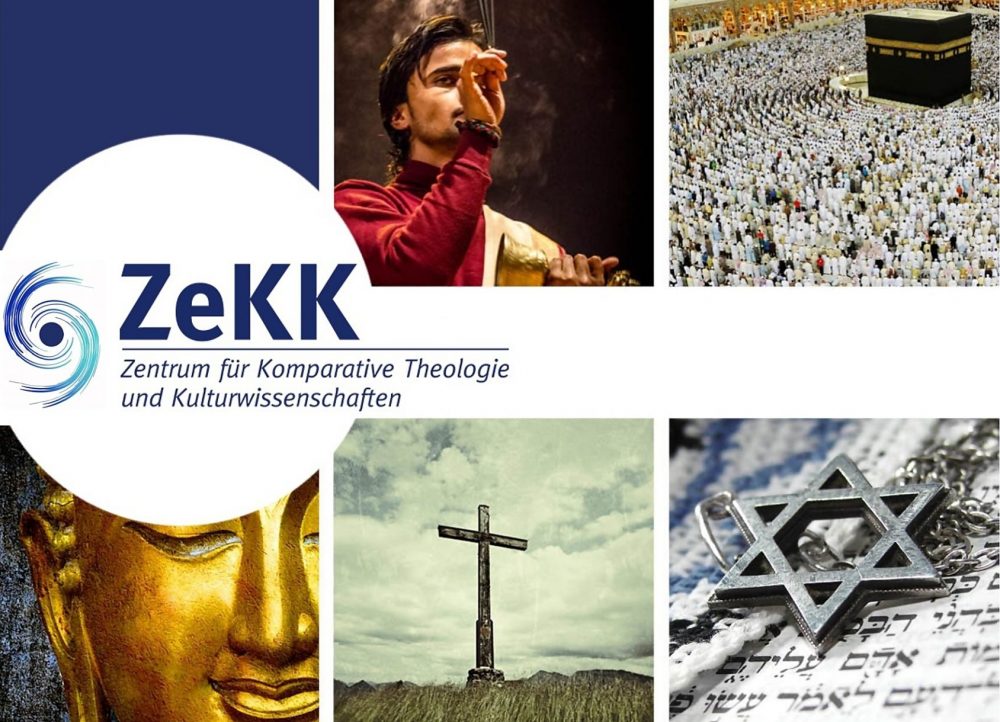The conflict in the Middle East has caused a huge split among the population of the countries around the world, not only in western countries, but also in my own home country, Iran. Governments and politicians taking strong one-sided positions as well as retelling one-sided narratives over and over provoke this split further and further. In the face of the conflict in Palestine and Israel today, we have seen how much the talk of the past, of the historical events in that region, is dominant, and how unfortunately the more important, more decisive talk of the future is absent. This has led many important global movements and activists, who used to have an eye to the future of the humanity on this planet to stop looking at the future and gaze at the problems of the past. Although, today, more than any other time in the history, we, the human inhabitants of the Earth, need a unified strong will to overcome the biggest challenges that threaten our specie on the planet; challenges like climate change, global warming, unequal distribution of life-resources among the world population, global hunger, religious fundamentalism, etc. This does not mean that we should overlook or negate our ethnic, religious, and cultural differences, but simply that we, the human beings with all our differences, require a common space that allows Unity in Difference. But how is this space possible in a world which is already divided by naïve one-sidedness based on prejudice and misunderstanding of the other?
My personal experience in the fields of interreligious dialogue and comparative theology has shown that the antidote to any misunderstanding, any prejudice, and any false imagination of the other is humble, but active respectful listening to the other. Now, imagine what would our world look like if this model were applied to the political sphere at a global scale! How would the world political scene change if the conflicts that are causing our nations to split up would be examined in the light of the wisdom and experience of any of the two sides of the conflict. As seen in the interreligious context, the pre-condition to the formation of a common will to make, build and deliver something great together is mutual recognition between groups of different faiths and their empathic attitude towards each other. And exactly in the case of the conflict in the Middle East, in which religion plays an indispensable role, this model of dialogue and cooperation has a lot to offer. Religion, despite what many people might think, does not simply play a destructive role in the conflict between Palestine and Israel, but is probably one of the very few options that have remained to bring an end to this conflict. Both Jews and Muslims believe in the same God, believe in almost the same prophets. The future promised to these prophets and proclaimed in the holy books of both Jews and Muslims belongs, not only to these both groups of faith, but also to all inhabitants of the planet Earth. To consider the other groups than “us” as having a share in the becoming world is the first step toward the formation of the unified will required to make big changes possible.
Our interreligious experience at CTSI and Zekk tells that this requires a lot of cooperation on the part of different groups as well as their patience and empathy towards one another. But who said and thought that it was supposed to be easy? The political application of the academic methods in interreligious dialogue and comparative theology requires a lot of strength, a lot of courage and a lot of maturity on the part of the global society. Exactly at the time that emotional burden on the shoulders of our Palestinian and the Israeli brothers and sisters is so heavy, it is our task, the task of the Muslims and the Jews living in other parts of the globe to direct our energy and resources toward the path of common understanding, sharing our narratives and being willing to listen to the narrative of the other so that this attitude could dominate the whole political sphere.

Dr. Nasrin Bani Assadi ist wissenschaftliche Mitarbeiterin an der Katholisch-Theologischen Fakultät der Universität Bonn.
#conflictinthemiddleeast #interreligiousdialogue #sustainablefuture
